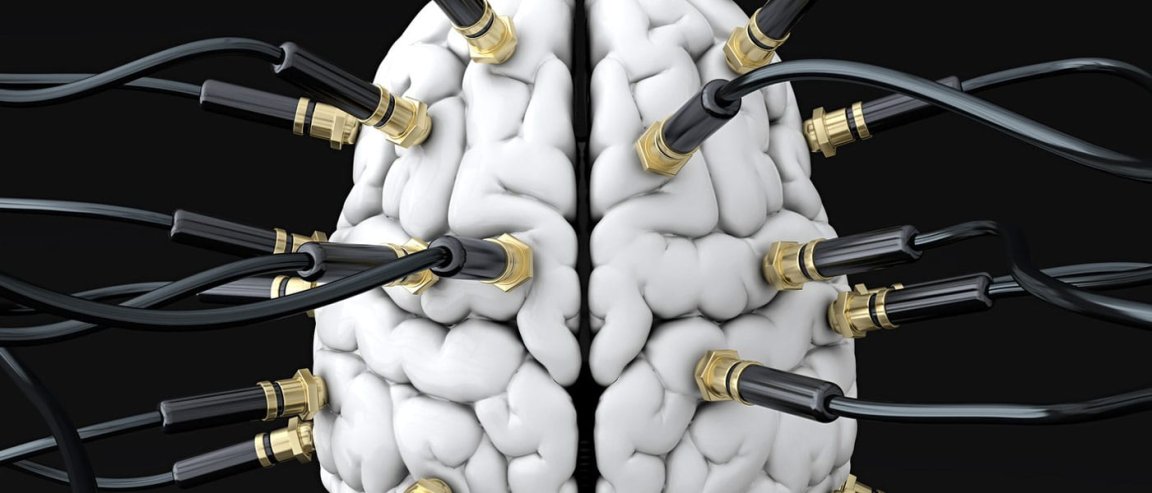
Flaws in the System
Published today in the inaugural issue of Nature Human Behavior is a paper authored by John Ioannidis and his colleagues both in and outside of the Stanford University School of Medicine. Titled A Manifesto for Reproducible Science, the paper outlines ways to improve science.
According to the authors, “Improving the reliability and efficiency of scientific research will increase the credibility of the published scientific literature and accelerate discovery.” If the measures suggested in this manifesto are adopted by both the scientific community and its supporters, the future could hold greater possibilities of innovation and discovery.
Currently, scientific research standards and expectations are falling short. In this manifesto, Ioannidis highlights how “low sample size, small effect sizes, data dredging (also known as P-hacking), conflicts of interest, large numbers of scientists working competitively in silos without combining their efforts, and so on, may conspire to dramatically increase the probability that a published finding is incorrect.”

One large difficulty that is presented in the manifesto is the human tendency to find order in chaos, like faces in clouds, so while a set of data might not be particularly significant, unintended bias can drastically affect the results of a study.
The authors note in the manifesto that biomedical research is particularly flawed. They cite a “meta-research” analysis that determined that 85 percent of research efforts in that field are wasted. According to that analysis, “This pattern—initially promising findings not leading to improvements in health care—has been recorded across biomedical research.”
Not only do these flaws within the scientific community impact the advancement of knowledge, they affect those who fund and support scientific research. If funds and efforts are wasted or misdirected, not only will science not progress, future research funding could be eliminated.

What Can Be Done
It seems that this fundamental issue within scientific research as a whole is insurmountably large. How is it possible to resolve an issue that spans across all scientific fields? The team that wrote the manifesto has its own suggestion on how to put science research back on track.
The report breaks science into four major categories: methods, reporting and dissemination, reproducibility, and evaluation and incentives. These researchers think that improving upon each of these segments in specific ways could reduce cognitive biases and conflicts of interests, improve training and support, increase collaboration in science, encourage transparency, improve the quality of reporting, and diversify peer review.
These concrete and clear actions are an important blueprint for progress that was previously absent. The authors of the manifesto suggest that, while these measures are not meant to be all-encompassing, if they are continually enacted, evaluated, and revised, meaningful change within the scientific community will be possible. That change will then have an impact on the world at large.
“When we are doing science, we are trying to arrive at the truth. In many disciplines, we want that truth to translate into something that works,” said Ioannidis in a press release. “But if it’s not true, it’s not going to speed up computer software, it’s not going to save lives, and it’s not going to improve quality of life.”